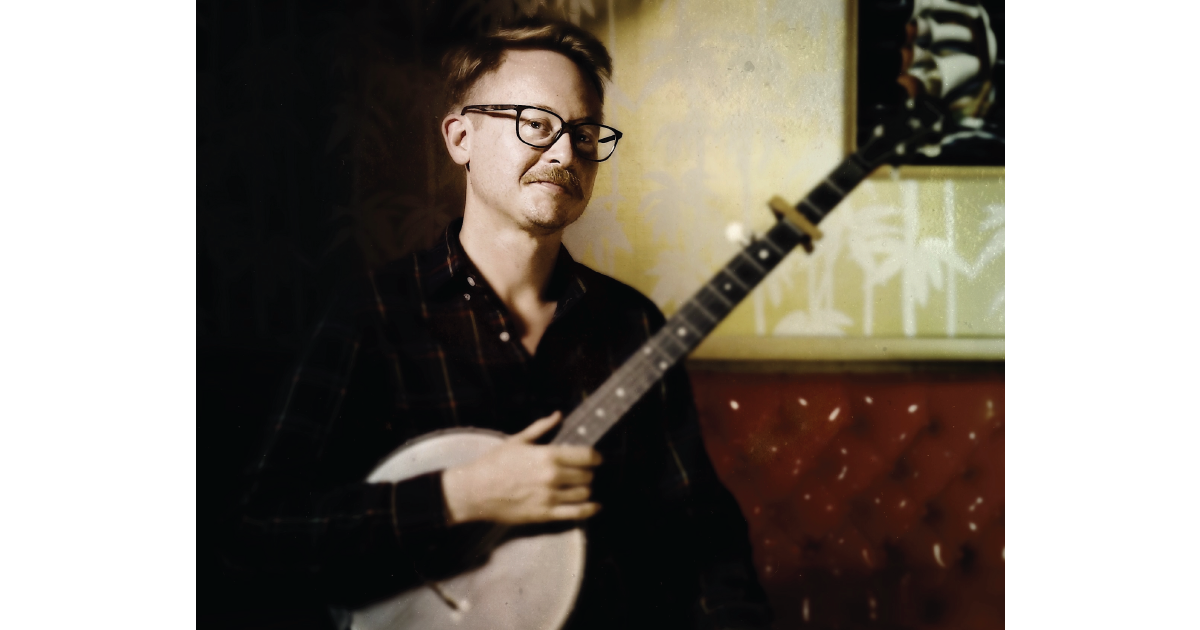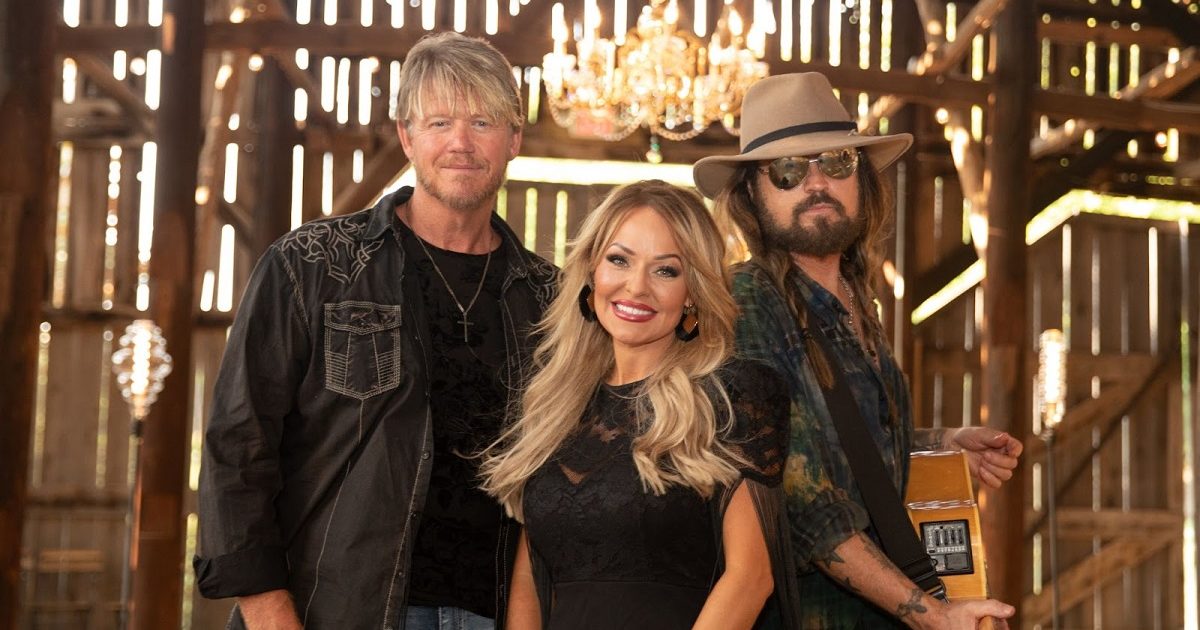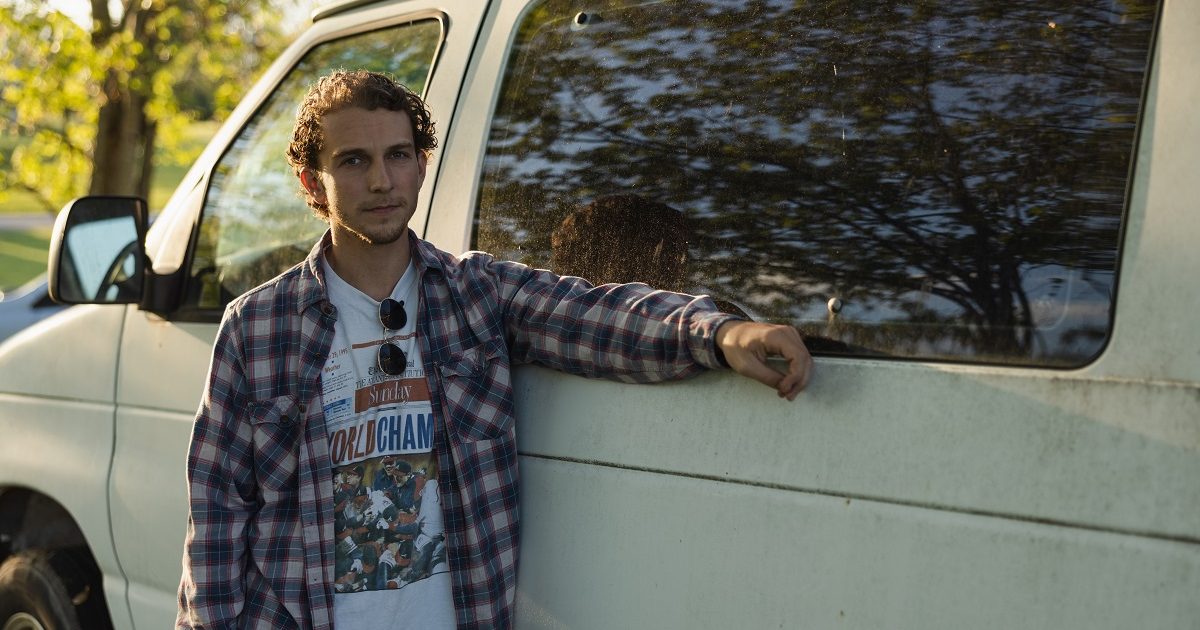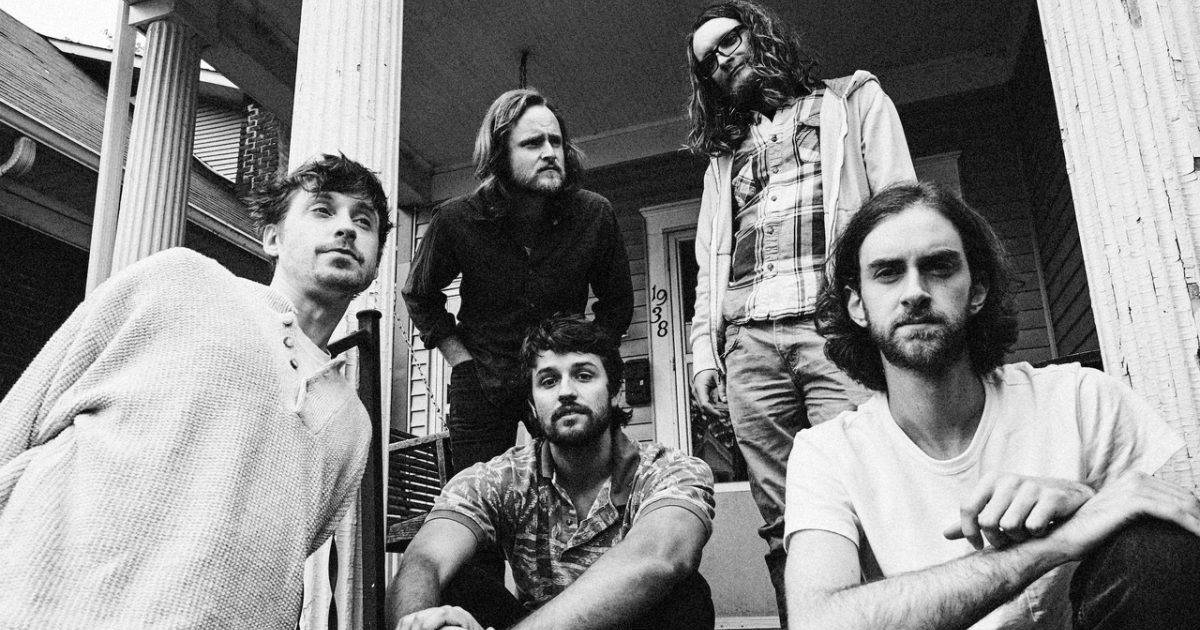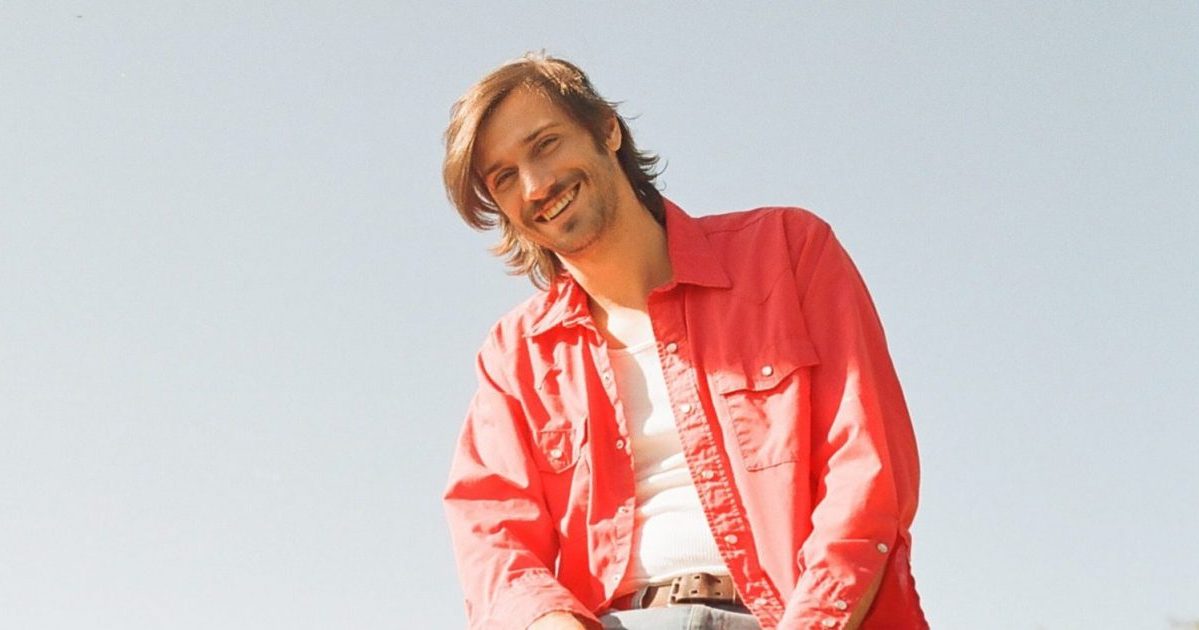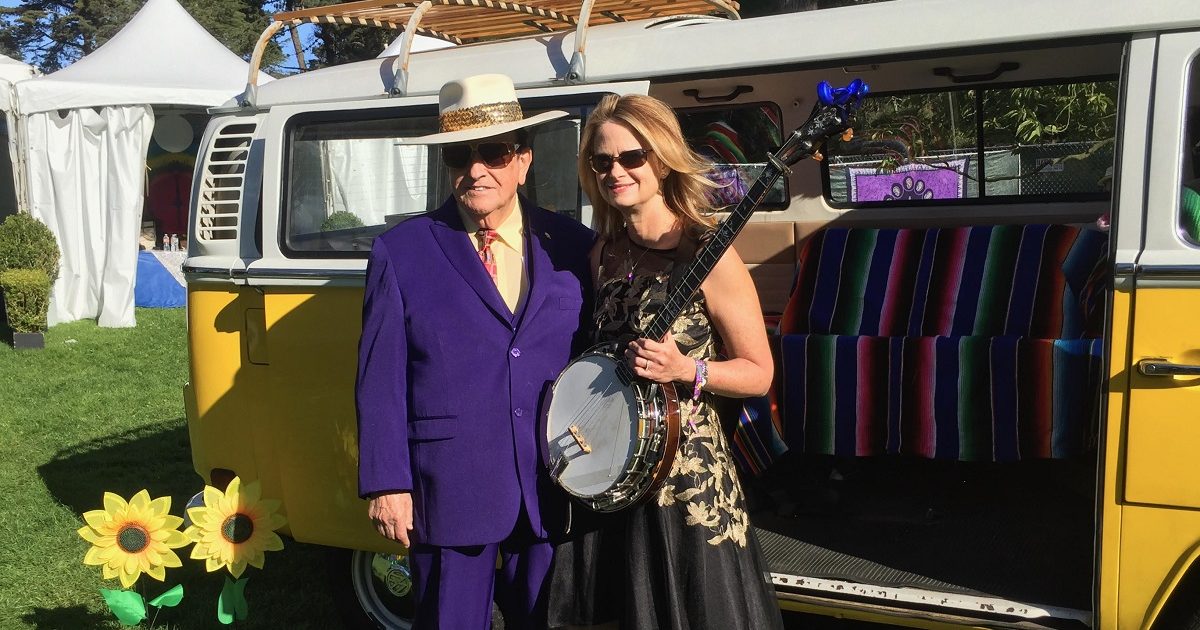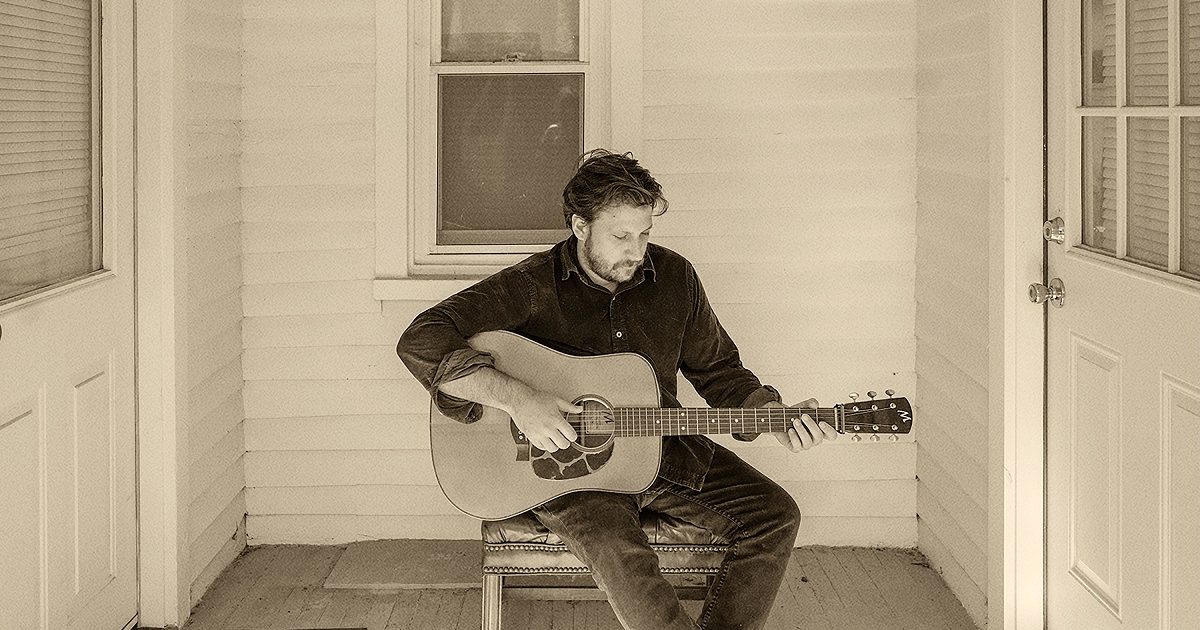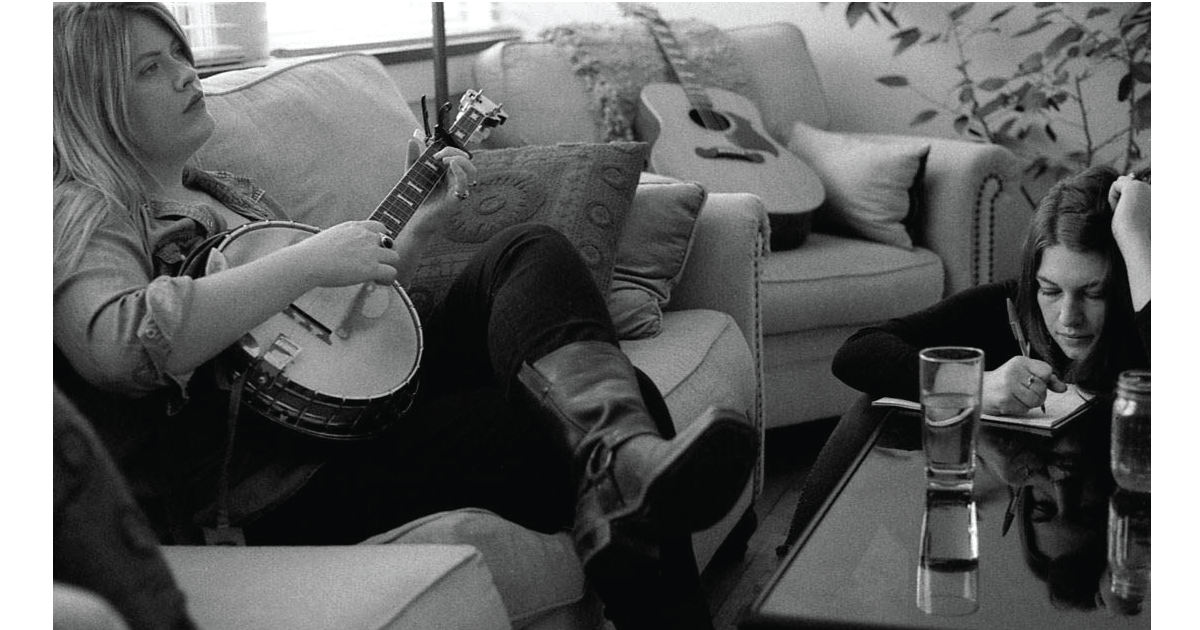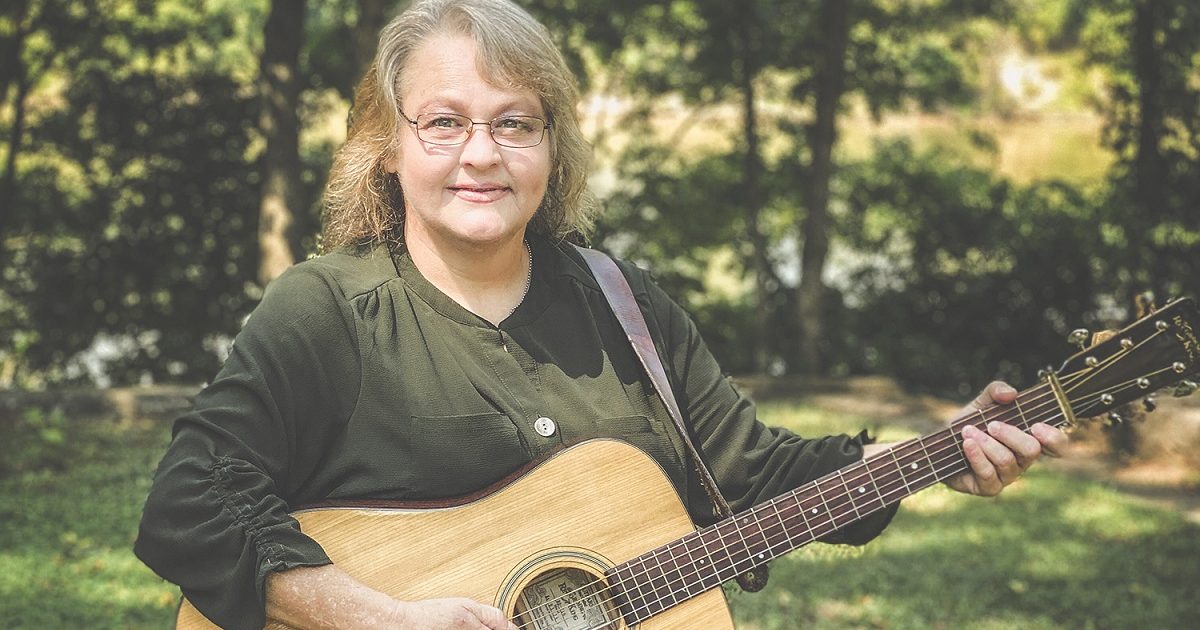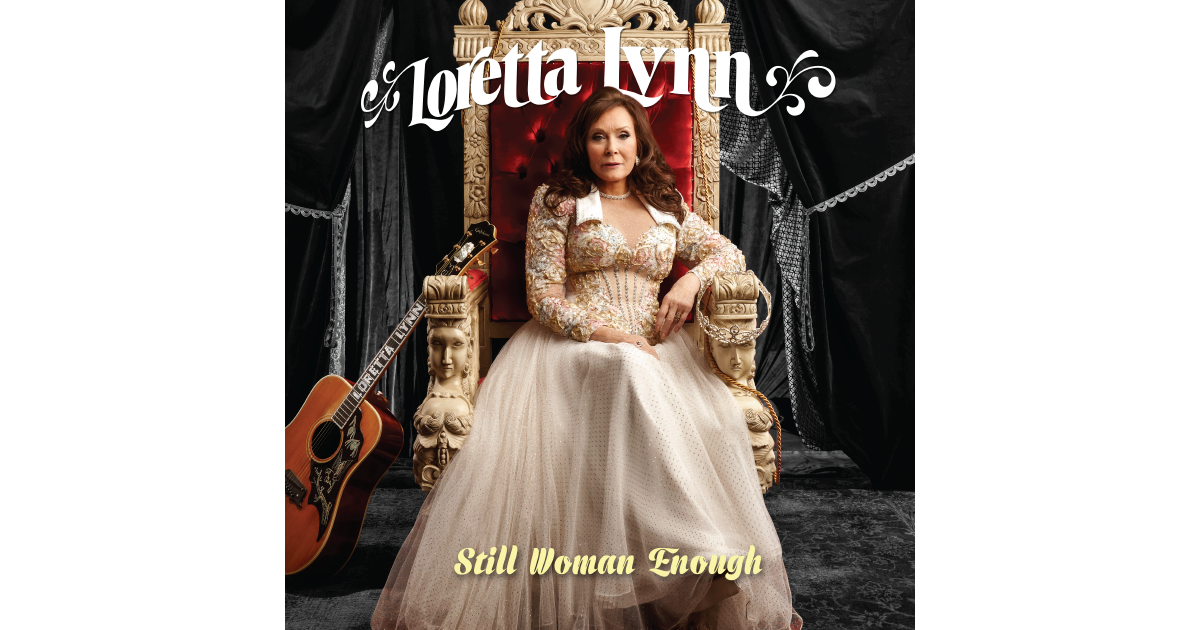In normal times, you might find Kentucky-hearted duet the Local Honeys touring the UK or out on the road with folks like Colter Wall and Tyler Childers. But, like so many, the past year has been a paused their movement, allowing space and time to experience life in a way that most busy artists rarely get to.
Many caught wind of the group after a viral New York Times article in late 2020 about our nation’s cultural depression. But like other defendants of Appalachian people and culture, Montana Hobbs and Linda Jean Stokley, who make up the pair, have been outspoken via their music for a long time. Their new double-sided single continues a demand of accountability from big industry. “It’s a modern anthem of the American working class,” said Stokley.
BGS caught up with the Local Honeys to talk about these two songs — “Dying To Make a Living” and “Octavia Triangle” — as well as the message in their music.
BGS: In the before times, you’ve led pretty busy schedules, including multiple international tours. What have you been up to since the pandemic began?
Montana Hobbs: Well, I can tell you what we’ve be into. We’ve been in our jammies a lot! But you know, we’ve experienced probably a similar story to anybody else that has been in the gig industry. We’ll all remember it as a point in our lives and a point in our careers that was kind of sedentary, if you will. I think our story is not much different, we’ve had more time at home to focus on things that we don’t get to do on the road – like exercise, cook at home, read. At the new year we both decided that we weren’t gonna think so much about what this past year has been, but think more about what this new year is going to be for us.
Linda Jean Stokley: In 2019 we went on about five separate concert tours. So the beginning of 2020 was our last tour, we were all over the UK as well as greater Europe, on our own headlining tour but also supporting Tyler Childers. That was a huge tour, and it really took a lot out of us, so it was kind of welcoming to have a little bit of a break after that. But over this past year, we have done a few cool things. We went on the Tyler tour, we got signed to La Honda Records — that’s a pretty big deal for us. We love everything that they do, and have been constantly inspired by them. Our management and being with a label have proven so helpful, even during this time, to have someone like our manager that is so good about keeping our spirits up. Another thing that we’ve done this past year is put out a Western AF video, and that was a highlight. We didn’t get to do much, but what we did was really welcomed.In a time of so much uncertainty, what inspired this new release?
LJS: We recorded those in October of 2019, and we’d been working on trying to change up our sound a bit, to make our sound bigger but not non-traditional, kind of neo-traditional. So we were thinking in 2020, how are we gonna release these songs? Then in October 2020, our friend Jimmy McCowan, who’s on one of those tracks, suddenly passed away from a heart attack. So, we talked to La Honda and asked if we could finally get these out. That’s kind of what spawned the release of this A-side/B-side single.
These songs show two perspectives on life in the coal mines: working like hell to provide for your family, while enduring personal struggles both medical and mental. What are you trying to tell the rest of the world about these Appalachian issues?LJS: In July of 2019, there was a blockade in Harlan County, [Kentucky], and over a thousand miners in central Appalachia were out of work, because of the Blackjewel mining company. They went bankrupt, and they didn’t tell anybody. They didn’t tell any of their workers until the day of. In the middle of the day, they said, “this is your last day.” That is completely illegal. It was strange that it had to happen in Harlan County, which is so synonymous with all these bloody labor wars. To have something like this happen with one of the largest coal companies in the nation just shows that they can get away with all kinds of unlawful behavior. These people, their checks bounced. Of course that’s going towards their mortgage or rent, but it’s also going towards their medical costs, because there are so many disabled miners. We started thinking about this song more and more. We sang it a little bit, but didn’t have a need to sing it necessarily because we didn’t have anything to say. When we were on tour a lot, we would tell the story of what was going on, and put song and emotion into what’s happening, to get people to listen.
MH: To add on that, the song became more relevant to us in this time frame. It was a song that we were familiar with, via the band Foddershock, but also Rick & the Po’ Folk, Rich Kirby and his traditional band, and Pierceton Hobbs [who released his own version in 2020]. Basically, we felt like when you’re given the stage to speak on things like this, you might as well take advantage of the time and the attention that you’ve been given. Make that time worth it, and get a message that you feel is important across. When we would go over to England, which is also a very post-coal society that we didn’t know much about, we had firsthand connections where they told us stories of tragedy, how their grandfathers were miners, and so on. It made the whole history of traditional music come full circle for us, to where we had the opportunity to sing a song, but we also had the opportunity to tell a story of where we’re from and what’s happening where we are. Which is what traditional music was in its first iteration.
I know that you both, along with other musicians, visited the miner’s blockade. What was that like?MH: We went and visited the miner’s blockade in August. We just went down there and hung out with these people, they had their entire families on the train tracks. They had little encampments set up. People like Brett Ratliff, Rich Kirby, Tanya Turner at the time worked for Appalshop, went down there with us. Son, it was so hot. It was very much like third world conditions in what’s supposed to be the greatest country.
The week before, we were at Cowan Creek Mountain Music School in Whitesburg, Kentucky. Jim McCowan has been a member of the faculty there probably as long as the school has been around. This guy in my class asked, “Have you heard the song that Jimmy’s mother wrote?” We were both very close to Jim, he was a very bright light. So I sat on a picnic table with him and said, “I heard that you do a song your mother wrote.” And I’m one of those people that’s a real sneaky recorder with my phone, and I have about a 10 or 15 minute clip of him playing this song called the “Octavia Triangle.” He had such a beautiful delivery of the song.
We were thinking of something that would pair well with “Dying To Make a Living,” which is economic hardship, being pushed under the rug. Even though this work is essential, they’re being treated less than they’re worth. So then I thought that “Octavia Triangle” completely highlighted what it is to actually live, and work, and die, and love, in the coalfields. This was a true story that happened in Pike County, Kentucky. Who’s to blame other than these harmful practices which we still practice today?
As a fellow musician from Central Appalachia, I feel like Foddershock (who wrote “Dying”) rarely get the attention or recognition they deserve. Do you have a favorite album, or a starter pack for those who have never heard the band?LJS: I absolutely love Foddershock, I’m always trying to find their CDs. I’m waiting on WV [Hill] to send me some recordings. Obviously, I think “Dying to Make a Living” is one of the best places to start. I would also say “Eat Possum & Prosper” is one of my favorite tracks of theirs. And I really love “When Coal Was King.” There’s one that’s called “Live in a Trailer.” “Cahoots,” as well.
Do you have any new goals or ideas to try for when things turn around and we can all get back on the road?
MH: Hmm… we are ready and willin’! Open for suggestions, open for bookings… But like I said before, this is a time that we will all remember as a pause in our lives and a pause in history, even though it’s been a hell of a lot of history put into one year. We’ve been granted this time to kind of work on things, we’ve been writing a lot. It’s always been something we’ve done and tried to practice, but now it seems like it’s at the forefront of our minds. We want to be seen as not just traditional musicians, not just old-time musicians, but we wanna be known as songwriters as well. Carrying on that storytelling, and showing how I feel about what’s going in the time and place I’m from. That’s one of the biggest connectors in music in general, it’s saying you’re not alone. Like when we went to Wales, even our song “Cigarette Trees,” which is about strip mining, people would come up to us and say, “They do that here too, and we don’t like it either.”
LJS: We’re finding so many relatable things to talk about when we tour in the UK specifically. Touring has really given us a way and a platform to connect with all these people around the world that are dealing with similar situations. Every time we go anywhere, we talk to people about the whole idea of ‘saving Appalachia,’ and trying to tell people that no, we have to pay attention to the causes of poverty and suppression that are happening within our state and within the entire southeast region. We don’t need saving, and we don’t need developing — we need somebody to actually understand what is going on in our area. We’re looking forward to reconnecting with people.
Photo credit: Zachary Martin
